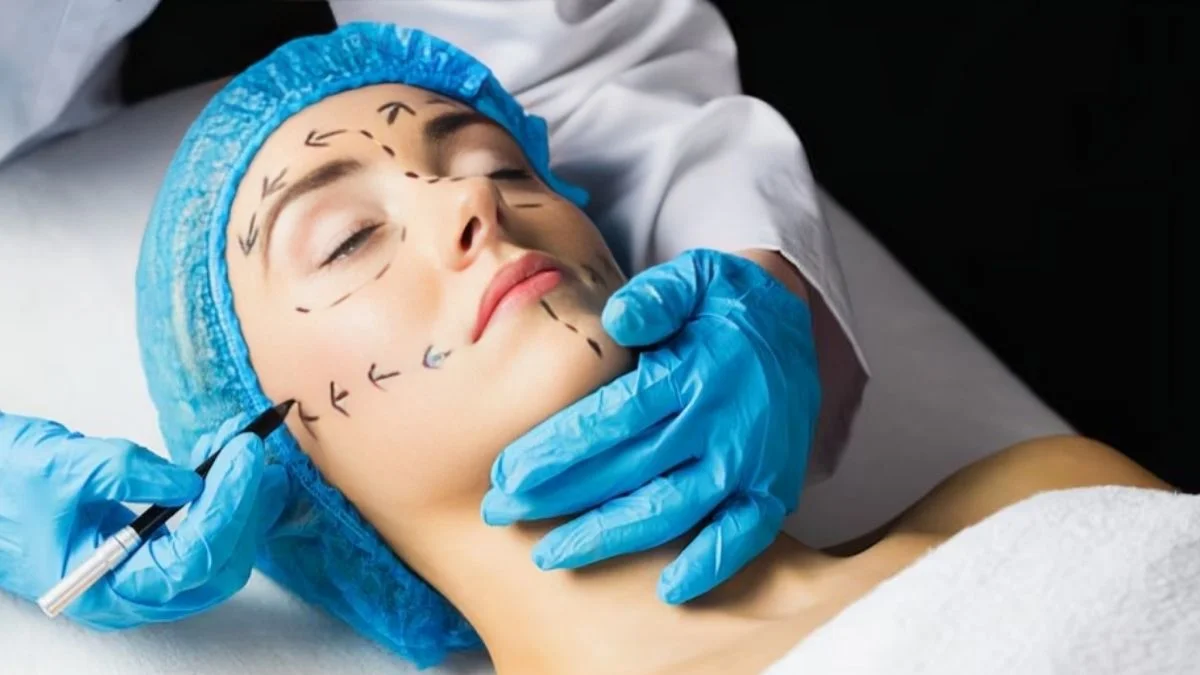HEALTH AND FITNESS
Aesthetic Surgery: Key Recovery Tips for a Smoother Experience

Key Takeaways
- Aesthetic surgery recovery is a critical part of achieving desired results, requiring patience, diligence, and a thorough understanding of the process.
- Proper pre-surgery preparation, including maintaining a healthy lifestyle and discussing expectations with your surgeon, sets the stage for optimal healing.
- Immediate post-surgery care significantly impacts recovery success, particularly managing pain and recognizing normal symptoms versus complications.
- Long-term recovery involves managing swelling, scar care, and gradually returning to physical activity, all contributing to the final cosmetic results.
- Nutrition, mental well-being, and adequate rest are crucial factors that support the body’s healing and emotional stability throughout the recovery journey.
Deciding to undergo aesthetic surgery, as offered by practices like North Carolina plastic surgery, signifies a commitment to personal transformation. Yet, the journey extends beyond the operating table. Recovery plays a critical role in achieving your desired outcome. This process demands a blend of patience, diligence, and knowledge, which is crucial for optimizing results and ensuring a smoother experience.
Understanding the entirety of the recovery journey—before, during, and after the surgery—is essential. Here is a detailed guide to assist you in navigating the recovery process, ensuring you’re equipped for success as you embark on this transformative path.
Understanding Aesthetic Surgery Basics
Aesthetic surgery encompasses a broad array of procedures, all aimed at enhancing physical appearance. These surgeries range from rhinoplasty and facelifts to liposuction and tummy tucks. Each procedure has its unique set of intricacies, including method, recovery time, and expected outcomes. A deep understanding of these procedures helps align personal expectations with feasible results, steering clear of misconceptions. Moreover, awareness of potential impacts on your daily routine post-surgery ensures you are more adequately prepared for lifestyle adjustments, contributing to reduced stress and enhanced recovery.
Preparing for Your Surgery
Preparation is critical before undergoing surgery. Initial consultations with your surgeon establish a roadmap for what to expect. Detailed discussions about the procedure, recovery timelines, and potential risks create a transparent environment. Before the surgery, maintaining a healthy lifestyle is vital. This includes adhering to dietary restrictions that promote healing, such as reducing alcohol intake and increasing hydration. Smoking cessation is crucial, as smoking can adversely affect healing by reducing blood flow and impairing oxygen supply to tissues. This initial phase sets the stage for a successful surgery, creating optimal conditions for the body to heal effectively.
Immediate Post-Surgery Care
Postoperative care in the first 48 hours post-surgery significantly impacts overall recovery. During this period, managing pain is a priority. Utilize prescribed pain management strategies to maintain comfort. It’s important to recognize and understand symptoms that are normal during recovery, such as swelling and mild discomfort, versus symptoms that may require medical attention. This distinction helps in managing anxiety and facilitates prompt medical intervention if necessary. Follow-up visits with your surgeon provide the opportunity to monitor healing progress and address concerns, fostering a supportive recovery environment.
Long-Term Recovery Tips
Long-term recovery from aesthetic surgery requires a sustained commitment. While initial improvements might be visible within weeks, full recovery and settling of final results can take several months. Managing swelling through recommended techniques, such as using cold compresses and keeping in elevated positions, aids comfort and enhances the healing process. Effective scar management through topical treatments and protective measures is essential for optimal cosmetic results. Gradually reintroducing physical activities like exercise, as your healthcare provider advises, is integral for overall health and helps restore normalcy when done cautiously.
The Role of Diet and Nutrition
Nutrition plays a significant role in recovery. Ensuring a balanced diet rich in proteins and vitamins fosters faster tissue repair. Foods such as lean meats, fish, eggs, and dairy are excellent sources of protein, essential for new tissue growth. Vitamins like vitamin C and A, found in fruits and leafy greens, help in collagen formation and immune function. Understanding how different nutrients support the body’s natural healing processes can make a noticeable difference. Strategic dietary choices equip the body with the necessary resources to heal efficiently and effectively.
The Importance of Mental Health During Recovery
Mental wellness is a vital, yet often overlooked, component of the recovery process. The physical transformations prompted by aesthetic surgery can induce emotional responses, from excitement to anxiety. Cultivating a positive mindset and managing expectations provide emotional stability, enhancing overall recovery. Engaging with a support system or counseling services offers an additional layer of support, facilitating open expression and coping with the psychological demands of surgery. Acknowledging the intertwined nature of mental and physical health can make the recovery journey more manageable and fulfilling.
Adequate Rest and Sleep
Rest is a cornerstone of effective recovery. Ensuring sufficient sleep allows the body to repair itself, reducing inflammation and speeding up healing. Creating an optimal sleep environment by minimizing distractions and maintaining comfortable sleep positions tailored by professional advice aids restful sleep. Studies have shown that high-quality sleep positively affects wound healing and immune function, highlighting its importance. Embracing rest as a recovery strategy facilitates rebuilding tissue and restoring energy, paving the way for a healthy post-surgery body.
-

 BIOGRAPHY9 months ago
BIOGRAPHY9 months agoBehind the Scenes with Sandra Orlow: An Exclusive Interview
-

 HOME1 year ago
HOME1 year agoDiscovering Insights: A Deep Dive into the //vital-mag.net blog
-

 HOME1 year ago
HOME1 year agoSifangds in Action: Real-Life Applications and Success Stories
-

 BIOGRAPHY1 year ago
BIOGRAPHY1 year agoThe Woman Behind the Comedian: Meet Andrew Santino Wife




























